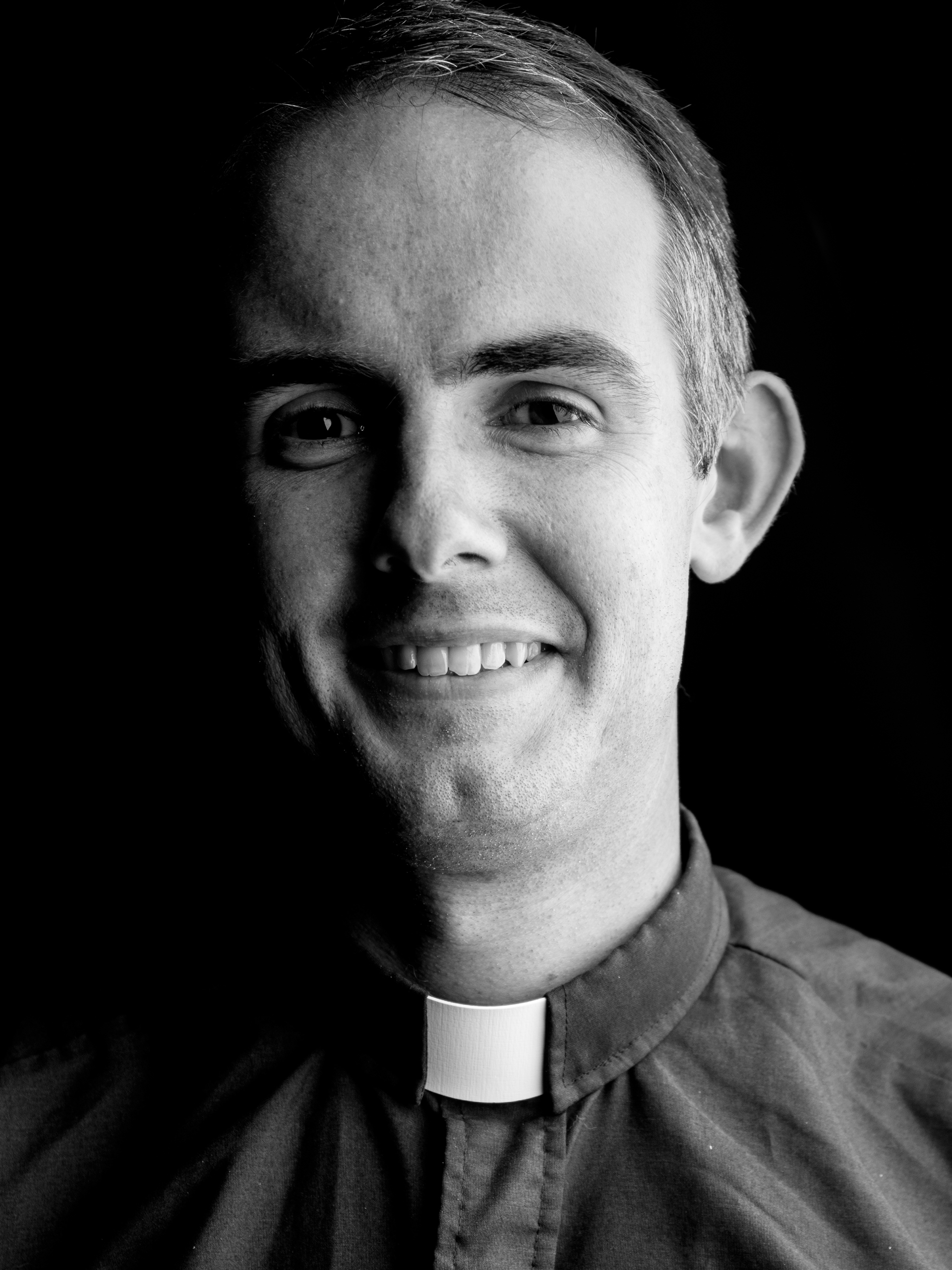Trending Articles
Q & A – Is fasting a necessary discipline to grow spiritually?
Q – I have a very solid prayer life, but I struggle with fasting. Is fasting really necessary for spiritual life? Do we have to fast outside of Lent? How can I be better at it?
A—Fasting has been essential to spiritual life since the beginning of the Church. Sacrifice makes our love for God concrete and tangible—’inscribing’ our love into our flesh, so to speak. A mature Christian who loves God will want to offer something to Him, and fasting is a beautiful way to deny ourselves out of love. So, yes, every Christian should practice some form of fasting or mortification daily!
Furthermore, fasting strengthens our will, making it easier to make virtuous choices. Many of our temptations feature the battle between our flesh and our will. We know that it would be gluttony to have the third piece of chocolate cake, but our flesh desires pleasure. So, fasting—giving up something that we are allowed to have—strengthens our will over our flesh. When I give up a chocolate bar or arise earlier in the morning or take a cold shower, my will becomes stronger, making it easier for me to resist sinful temptations.
Finally, fasting creates space for God to work in our lives. Hunger reminds us of our true hunger for the Lord. Turning off music in the car opens us to His still, small voice in silence. Fasting connects us with the economically disadvantaged, many of whom struggle for enough food. The money saved through fasting can be donated to help meet their needs.
So how do we fast? There are many ways to fast. The most obvious is to give up a certain amount of food. Some choose to skip entire meals, while others restrict themselves to one helping. We can also fast by eating foods that we don’t like. We can fast from other things as well—abstaining from listening to music in the car or browsing Facebook are a few examples. I know a young man who slept on the floor during Lent; others take cold showers or wake earlier, avoiding the snooze button. Anything causing discomfort can be a fast.
When beginning to fast, guidance from a spiritual director or parish priest is helpful. We do not want to fast in a way that hurts our health physically or mentally. I tried to fast from all music once, but since music is how I relax and how God often speaks to me, I soon became quite grumpy and unpleasant without music, so I had to find a different penance! In other words, while our penances should cost us something, they should not harm us.
One other danger to watch out for is spiritual pride. Sometimes, we ‘boast’ about our penances (even in our minds) thinking we’re better than others. Fasting isn’t about trying to ‘earn’ God’s love or ‘prove’ how much we care for Him. Instead, We fast to generously offer ourselves as an expression of love, a response to the love we’ve already received. Even if we can’t fast as often as we desire—whether due to weakness, illness, or daily life circumstances—we need not worry. God’s love for us remains constant and is a gift we can gratefully accept! The most meaningful sacrifices are often the ones God places in our daily lives: our inconveniences, sufferings, labors, and challenges. Offering these to Him can be the truest form of fasting.
In conclusion, I encourage all Christians to incorporate some form of fasting, mortification, or sacrifice into their daily lives, offering themselves to the Lord and making their love for Him incarnate!

Father Joseph Gill is a high school chaplain and serves in parish ministry. He is a graduate from Franciscan University of Steubenville and Mount St. Mary’s Seminary. Father Gill has published several albums of Christian rock music (available on iTunes). His debut novel, “Days of Grace” is available on amazon.com.
Latest Articles
Want to be in the loop?
Get the latest updates from Tidings!








